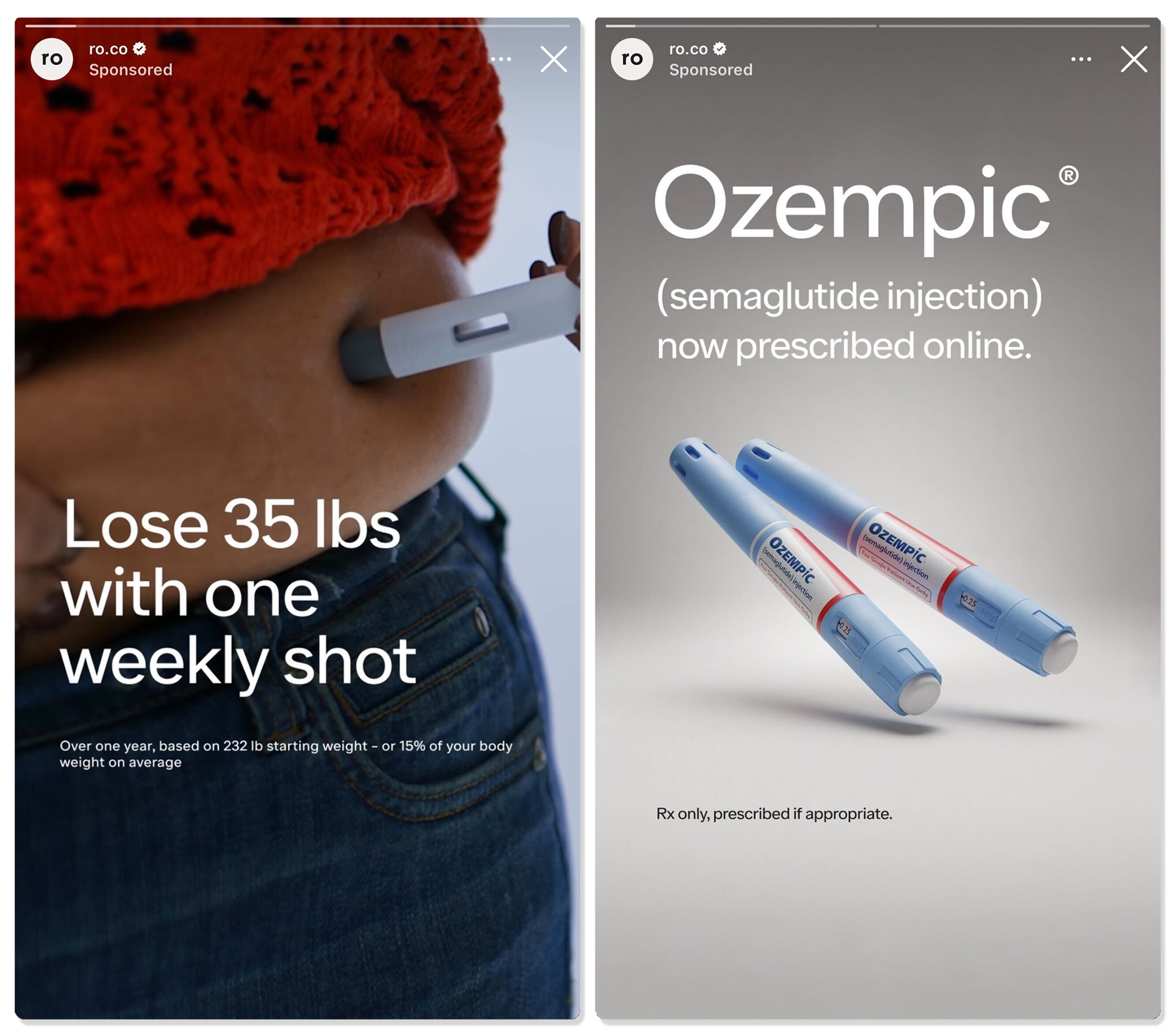The ripple effects
We should remember that the widespread use of semaglutide injections as a weight-loss solution is relatively new.
The rapidly climbing number of individuals using it to shed pounds are reporting an array of different side effects, both positive and negative, as well as some which are unexpected.
In the best cases, severely overweight people shed about 15 percent of their body weight and see a lowered risk of heart attacks, strokes, and kidney disease.
As a result of abstaining from consuming heavy and fried foods, some users experience reduced inflammation which experts say could help with other diseases, including those that affect the brain such as Parkinson’s and Alzheimer’s.
Some scientists are hopeful that a side effect of the semaglutide injection Wegovy will work to suppress other addictive behaviours, including drinking alcohol and smoking. A clinical psychologist and professor at the UNC School of Medicine in North Carolina is conducting trials to see if receiving the injection will prevent alcoholics from wanting to binge drink.
Still, there’s a lot we don’t know about its long-term use.
Already, an unlucky 20 percent of people taking the drug have experienced nausea, stomach pains, vomiting and other gastrointestinal issues.
Others say their appetite for their favourite foods has disappeared completely. The sight of foods they once loved causes extreme nausea and disgust, which wreaks havoc on their ability to enjoy mealtimes and life in general. The mental health consequences of this are understudied.
What is immediately clear, is that despite the rise in body positivity campaigns, the toxic diet culture of the 90s and early 2000s has not disappeared at all. Instead, it has transformed.
Society is no longer being told to eat Special K for three meals a day, skip dinner, or consume Slimfast shakes as if our lives depend on it.
Instead, we’re turning to a prescription drug.
Counterfeit formulas
Despite an overwhelmingly positive PR campaign surrounding weight loss injections, the long-term effects of using these drugs are still unknown.
This hasn’t stopped high demand for them, though. In fact, shortages of the drug – which people with type-2 diabetes rely on – have persisted throughout the year. These shortages can drive pharmacies to buy from distributors they may not be familiar with in order to keep shelves filled.
With each shot costing around $1,000 USD per month when not covered by insurance, manufacturers have also started churning out counterfeit versions of the drug and selling them at low cost.
In recent days, the US Food and Drug Administration (FDA) has reportedly seized over 1,000 units of ‘fake Ozempic’. The agency reported that the drug and accompanying needles, pen labels, cartons and health care information are also counterfeit.
The FDA, as well as Ozempic’s primary manufacturer Novo Nordisk, have cautioned the public about buying injections from irreputable vendors or retail pharmacies – like the ones using social media to advertise their products.
A new semaglutide injection called Zepbound is expected to land on the market in 2024, competing with existing brands and bolstering availability of the drug.
It’s likely that a whole new slew of social media ads attempting to sell it will follow.






















